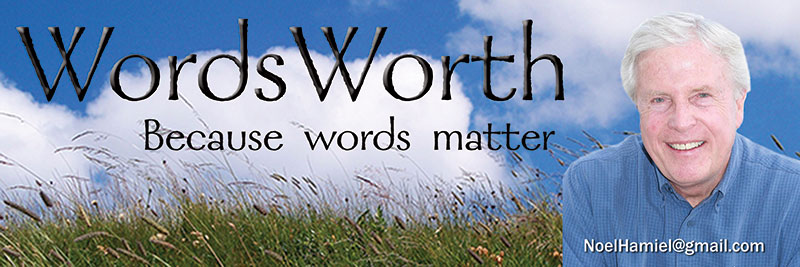Upside down world: “If I had a world of my own, everything would be nonsense. Nothing would be what it is because everything would be what it isn’t. And contrary-wise; what it is wouldn’t be, and what it wouldn’t be, it would. You see?” — Alice, of “Alice’s Adventures in Wonderland”
Alice would be happy in today’s world of misleading food labels.
You can buy ham that’s not really ham, but turkey.
And you can find cartons labeled “milk” that doesn’t come from a cow.
I liked it better when words could be trusted to define what they historically meant instead of, as Alice would say, what they aren’t.
I’m not the only one upset by this silliness.
A recent Associated Press story focused not just on the disagreement between milk and soy producers, but between government agencies. Apparently, the U.S. Department of Agriculture and the Food and Drug Administration, which regulates labels, can’t agree either.
This column isn’t about whether the liquid made from soy or almonds is better or worse than real milk. The percentage of consumers buying these products is growing, and mirrors a decline in purchases of milk from cows. And though I personally like milk better than the imitators and support the dairy industry, this essay is about words and the importance of preserving word meanings.
Dr. Ann Macrina, a senior instructor at Penn State, says this:
“The USDA’s legal definition of milk is, ‘The lacteal secretion from a cow.’ In theory, anything that does not meet that definition should not be called milk.”
Merriam Webster Dictionary defines milk as “a fluid secreted by the mammary glands of females for the nourishment of their young; (and) milk from an animal and especially a cow used as food by people.”
Yes, a definition further down says milk is a “product” that resembles cow’s milk produced from seeds or fruit, such as coconut milk or soy milk.
From a consumer protection standpoint – as well as clarity and accuracy – it would be better if the soy, almond and coconut products found another word besides “milk” to identify their products.
Remember the inner-city youth who, when asked where milk came from, replied: “The grocery store.” Those of us from rural America thought that was humorous, but dairy farmers and others in the industry have a right to protect a word that defines their livelihood.
OK, OK, I can hear it now from the doubters: What about the “hamburger?” This American classic isn’t made of “ham,” after all. True enough, though legend has it that it was invented in Hamburg, Germany.
The vote from this corner is to preserve the word “milk” as a definition of the liquid from cows, goats and sheep. It is, after all, the “mother’s milk” of the dairy industry.
July 19, 2017
